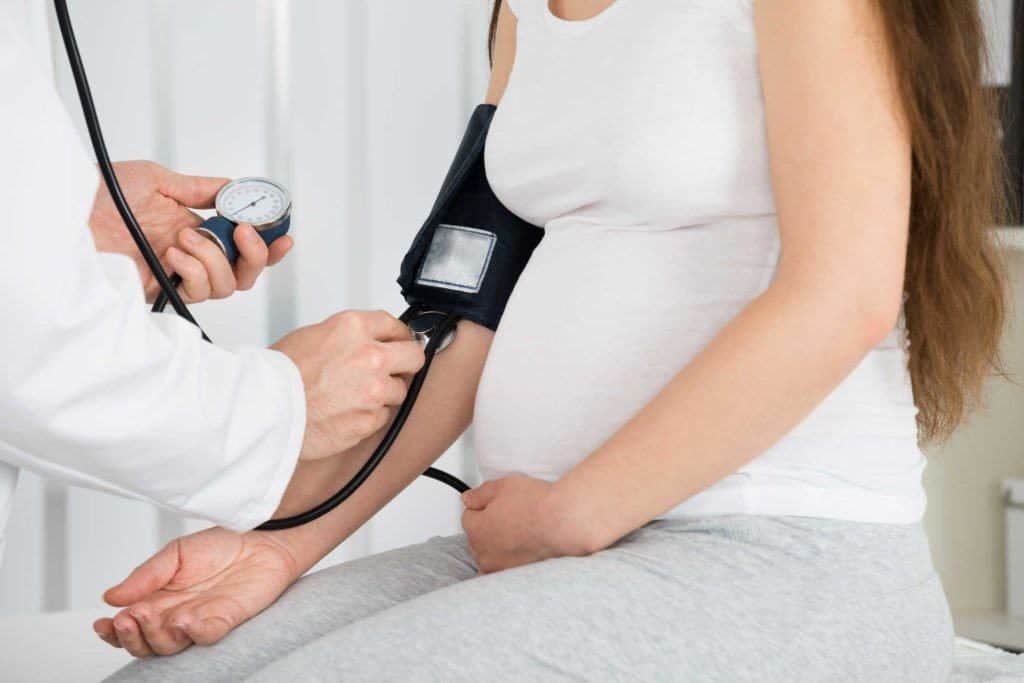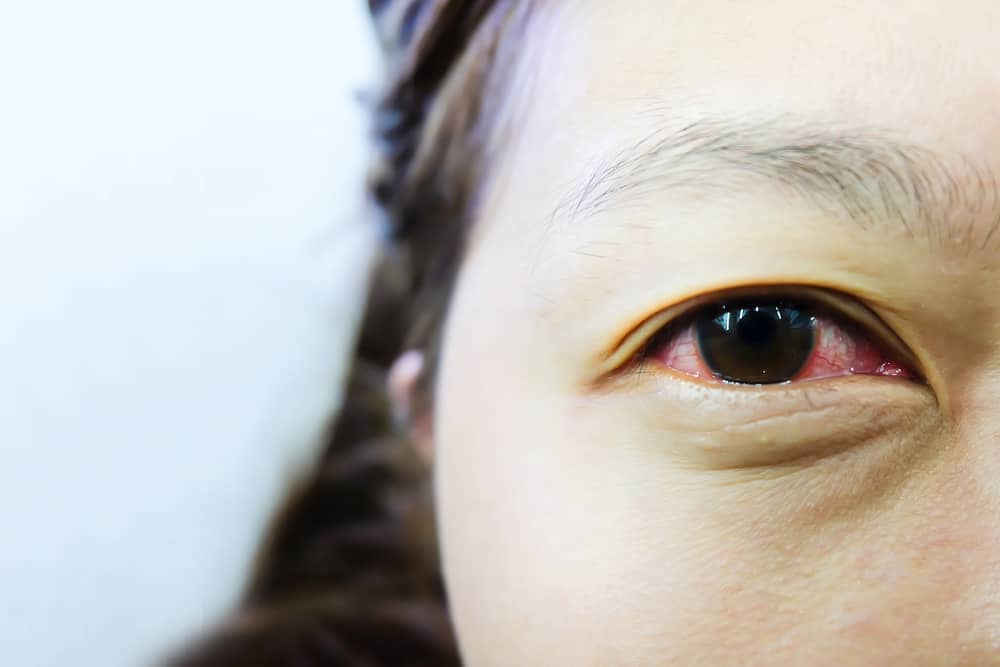Contents:
- Medical Video: SSB MEDICAL EXAMINATION PROCEDURE! || WHY MOST OF THE CANDIDATES GET MEDICAL OUT?
- What was checked during the medical check-up?
Medical Video: SSB MEDICAL EXAMINATION PROCEDURE! || WHY MOST OF THE CANDIDATES GET MEDICAL OUT?
An ounce of prevention is worth a pound of cure. The reason is, even though it's healthy it's expensive, but the cost of medical treatment when sick can drain your wallet more. Preventing the risk of disease as early as possible can be done with a routine health check, which is usually called medical checkup.If you have never done a medical check-up before, here is a series of general tests that are usually done during a medical checkup.
What was checked during the medical check-up?
You don't need to get sick first if you want to undergo this physical examination. Health check-ups, aka medical check-ups, are a series of routine health tests conducted in hospitals to check the overall health of the body and anticipate the risk of disease.
There are no standard sequences in the medical check-up procedure. During medical checkups, a series of examinations will usually begin by measuring your weight and height according to your body mass index(body mass index/ BMI). It is important to check your BMI every 2 years for people under 50 years old and once a year for people over 50 years old.
After that, a number of different tests can be done during a medical check-up - starting from checking heart and lung function with an EKG; skin health to detect the risk of skin cancer or other skin diseases; ENT to check Ear, Nose and Throat health; eye health (risk of glaucoma or other visual impairments); dental health; bone health, to the body's reflex response and muscle strength.
An annual physical examination may also include cholesterol checks, blood pressure, and blood sugar. This is because you may have high levels of one (or all) of the above conditions without ever showing any of the signs or symptoms, or at risk of developing a related disease - such as diabetes or hypertension. And depending on your age or your family's medical history, your doctor can recommend additional medical tests.
People who are at high risk or who suffer from this particular disease are often advised to be more routine than regular people who are healthy. The goal is to find out how far and to control the development of his condition. Regular health screening also allows your doctor and you to work together to plan treatment to deal with the conditions that you have before they get worse.
Do all people need to undergo an annual medical check-up?
The majority of health professionals and health policy experts argue that regular visits to annual health checks are unnecessary habits. Some of them even argue that this habit is just a waste of time and money for most people.
Because, routine medical check-ups do not make much difference in changes in health outcomes. According to a study published by BMJ Open 2012, routine annual health checks do not guarantee you can avoid death, hospitalization, or appointment for a later consultation. In other words, a routine check-up to the doctor once a year does not necessarily make you free from illness, or prolong life.
If you have never had a medical check up at all before, it is certainly OK to register to have a basic picture of your overall health. If at the first medical check-up you are declared healthy without certain suspicions about any health conditions, your doctor may advise you to check up again in the next 3-5 years unless problems arise between this time.
On the other hand, annual medical checkups are routinely recommended every year or every two years, if you are 50 years and over and / or overweight, have diabetes offspring, or are undergoing treatment for hypertension or diabetes.
Health checks that should not be missed at all
But don't ignore the medical checkup at all because some health screening can save lives. There are at least three major physical examinations that you should not miss - regardless of your health condition:
- Mammograms for breast cancer: The American Cancer Society recommends that most women have an annual mammogram starting at age 45. Women aged 55 years and over are recommended for screening every two years.
- Colonoscopy or occult test (feces or blood) screening for colon cancer: recommended starting at age 50 and continuing regularly until the age of 75
- Pap Smear for HPV screening and cervical cancer is recommended every 3 years for most women aged 21-29 years. For women aged 30-65 years, pap smears are routinely recommended every 5 years.
- Examination of the testes, penis and prostate to detect the risk of cancer and other health problems associated with these organs - eg varicocele, mumps in the testicles, swelling of the prostate, and hernias.












